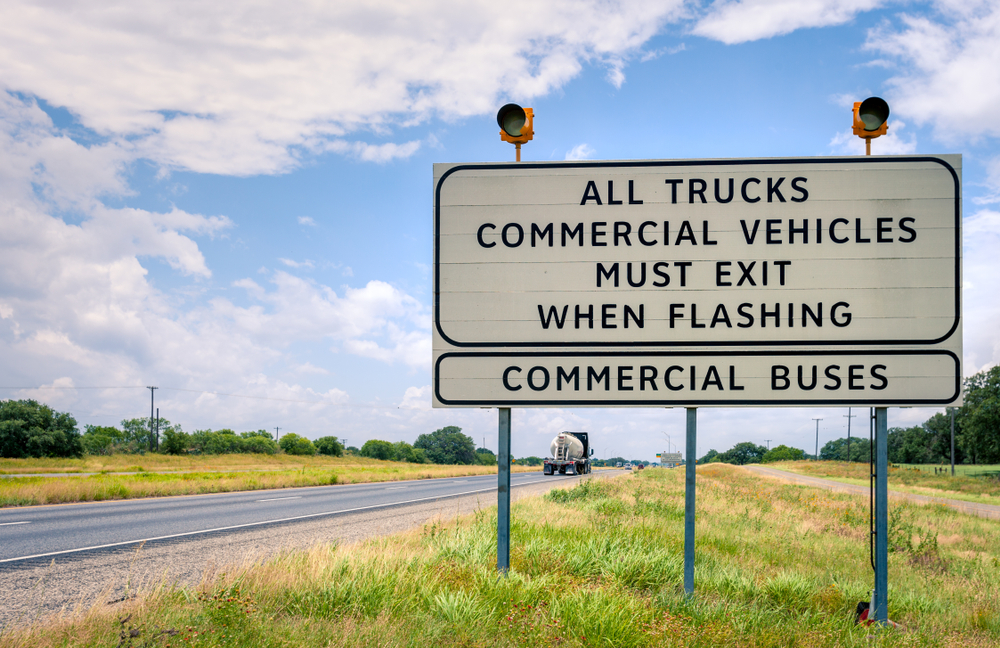

When it comes to operating commercial vehicles in the state of Florida, maintaining DOT compliance is critical. Regular inspections by the Florida Department of Transportation (DOT) are essential to ensure that vehicles are safe, roadworthy, and meet all regulatory requirements. However, not all DOT inspections are conducted with the same level of professionalism and integrity. In this blog, we will discuss how to stay away from unreputable DOT inspections and ensure that your vehicles remain in compliance.
The Importance of DOT Compliance
DOT compliance is essential for commercial vehicle operators to ensure the safety of their drivers, passengers, and other road users. By adhering to DOT regulations, companies can maintain safe and well-maintained vehicles, reduce the risk of accidents, and avoid costly fines and penalties. Failure to comply with DOT regulations can result in hefty fines, vehicle impoundment, and even the suspension of operations. Therefore, staying in compliance with DOT requirements is crucial for the success and safety of your business.
Avoiding DOT Violations
To avoid DOT violations and ensure that your vehicles pass inspections with flying colors, follow these tips:
1. Regular Maintenance: One of the best ways to stay in compliance with DOT regulations is to ensure that your vehicles are well-maintained. Regular inspections, maintenance checks, and repairs are essential to keep your vehicles in optimal condition and prevent potential violations. Make sure to schedule routine maintenance and address any issues promptly to avoid costly fines during inspections.
2. Keep Records: Proper record-keeping is key to demonstrating compliance with DOT regulations. Keep detailed records of vehicle maintenance, repairs, inspections, and driver logs to show that you are following all required procedures. Having organized and up-to-date records can help you quickly address any issues that may arise during DOT inspections and prove that you are in compliance with regulations.
3. Train Your Drivers: Properly trained drivers are essential to ensuring DOT compliance. Make sure that your drivers are familiar with all DOT regulations, safety protocols, and inspection procedures. Provide regular training sessions and updates to keep your drivers informed and knowledgeable about their responsibilities. Well-trained drivers are more likely to identify and address potential violations before they become serious issues.
4. Choose Reputable Inspection Centers: When it comes to DOT inspections, not all inspection centers are created equal. To avoid unreputable inspections, choose certified and reputable inspection centers that have a track record of professionalism and integrity. Research local inspection centers, read reviews, and ask for recommendations from other commercial vehicle operators to find a reliable service provider.
5. Conduct Pre-Inspections: Before taking your vehicles for DOT inspections, conduct thorough pre-inspections to identify any potential issues. Check for safety equipment such as emergency exits, fire extinguishers, and reflective triangles, as well as the condition of tires, brakes, lights, and other essential components. Address any issues before the official inspection to increase your chances of passing with flying colors.
6. Address Violations Promptly: In the event that your vehicle does receive a violation during a DOT inspection, address it promptly. Work with a certified mechanic to make the necessary repairs and corrections to ensure that your vehicle meets all regulatory requirements. Keeping your vehicles in compliance is key to avoiding future violations and maintaining a stellar safety record.
Summary
Staying away from unreputable DOT inspections and ensuring DOT compliance is crucial for the success and safety of commercial vehicle operators in Florida. By following these tips and working with reputable inspection centers, you can avoid violations, maintain safe vehicles, and keep your operations running smoothly. Remember, DOT compliance is not only a legal requirement but also a commitment to safety and professionalism in the transportation industry.
